Telangana’s debt crosses Rs 2 lakh crore in just 19 months of Congress rule
Fri 04 Jul 2025, 01:23:06
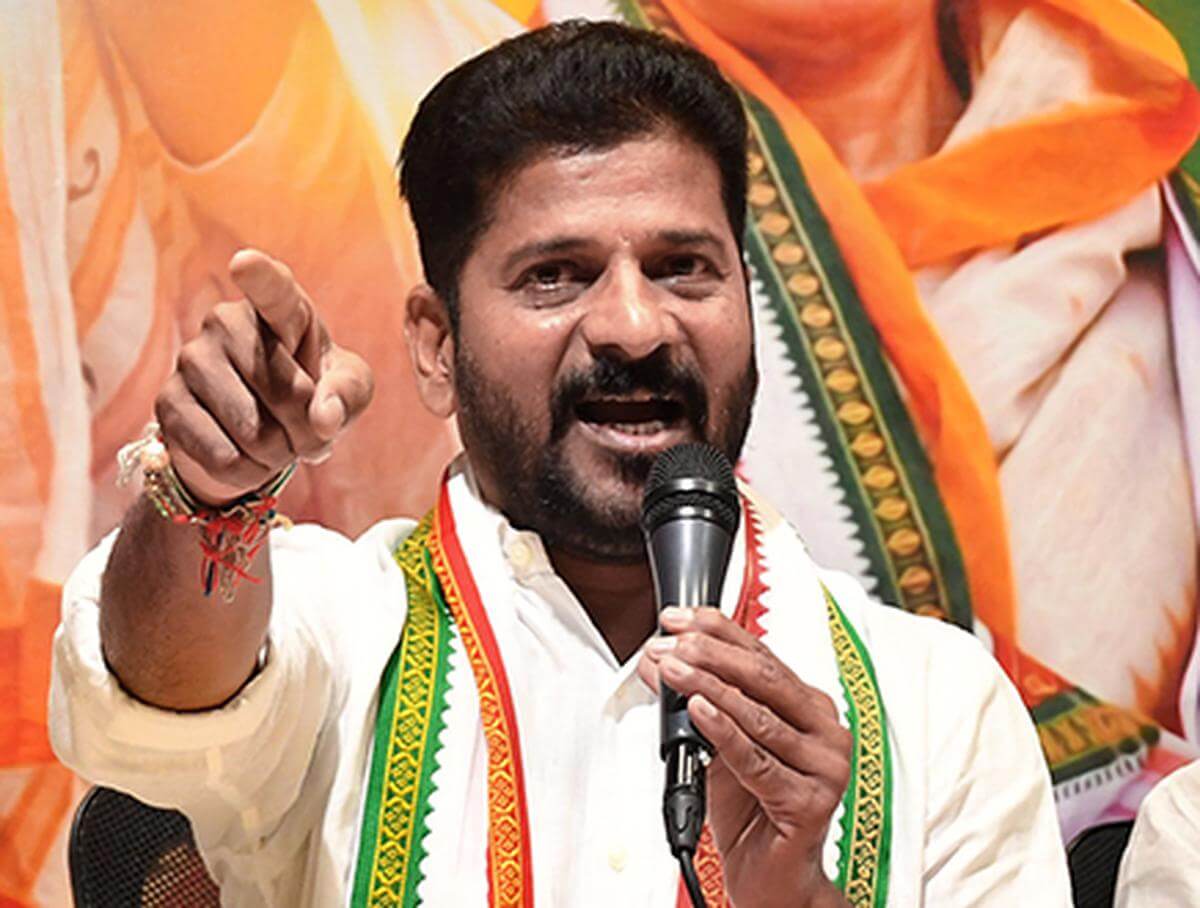
Telangana’s public debt has officially breached the Rs 2 lakh crore mark under the Congress regime, barely 19 months after the party assumed power. Despite Chief Minister A Revanth Reddy‘s frequent claims that the State was unable to raise fresh loans, the Congress government appears to be on an aggressive borrowing spree and accumulating debts that amount to nearly half of loans obtained in the previous BRS government’s two terms spanning nine and a half years.
Official records from RBI, CAG and State disclosures reveal that between December 2023 and March 2025 alone, the government borrowed over Rs 1.66 lakh crore.
The annual estimate for the current fiscal is pegged at Rs 64,539 crore in market borrowings for 2025-26 under FRBM limits, in addition to off-budget loans. The State has already raised around Rs 18,900 crore through market borrowings in the current financial year as on July 1. An additional Rs 15,000 crore-Rs 16,000 crore are said to have been sourced from off-budget loans funnelled via various corporations and special purpose vehicles (SPVs) during the
period.
period.
In the next three months, the government is set to borrow another Rs 12,000 crore through market borrowings. Plans to raise at least another Rs 10,000 crore through non-FRBM routes are in the pipeline over this fiscal quarter.
Revanth Reddy has repeatedly claimed that Telangana has been deprived of its rightful borrowing space, due to massive debts accumulated during the previous BRS regime. But the State government continues to tap both formal and informal channels to obtain more debt which has crossed nearly half of the loan raised by the previous BRS regime in almost a decade.
While the Congress government continues to accuse the previous BRS government for obtaining excessive loans, experts pointed out that as per data released by the Centre in the Parliament, the total outstanding debt of Telangana stood at Rs 4.17 lakh crore when the BRS demitted the office on December 3, 2023. They cautioned that increasing component of the off-budget borrowings under the Congress regime might offer short-term fiscal flexibility, but would have long-term burden on future budgets.
No Comments For This Post, Be first to write a Comment.
Most viewed from Hyderabad
Most viewed from World
AIMIM News
Latest Urdu News
Most Viewed
May 26, 2020
Should there be an India-Pakistan cricket match or not?
Latest Videos View All
Like Us
Home
About Us
Advertise With Us
All Polls
Epaper Archives
Privacy Policy
Contact Us
Download Etemaad App
© 2026 Etemaad Daily News, All Rights Reserved.

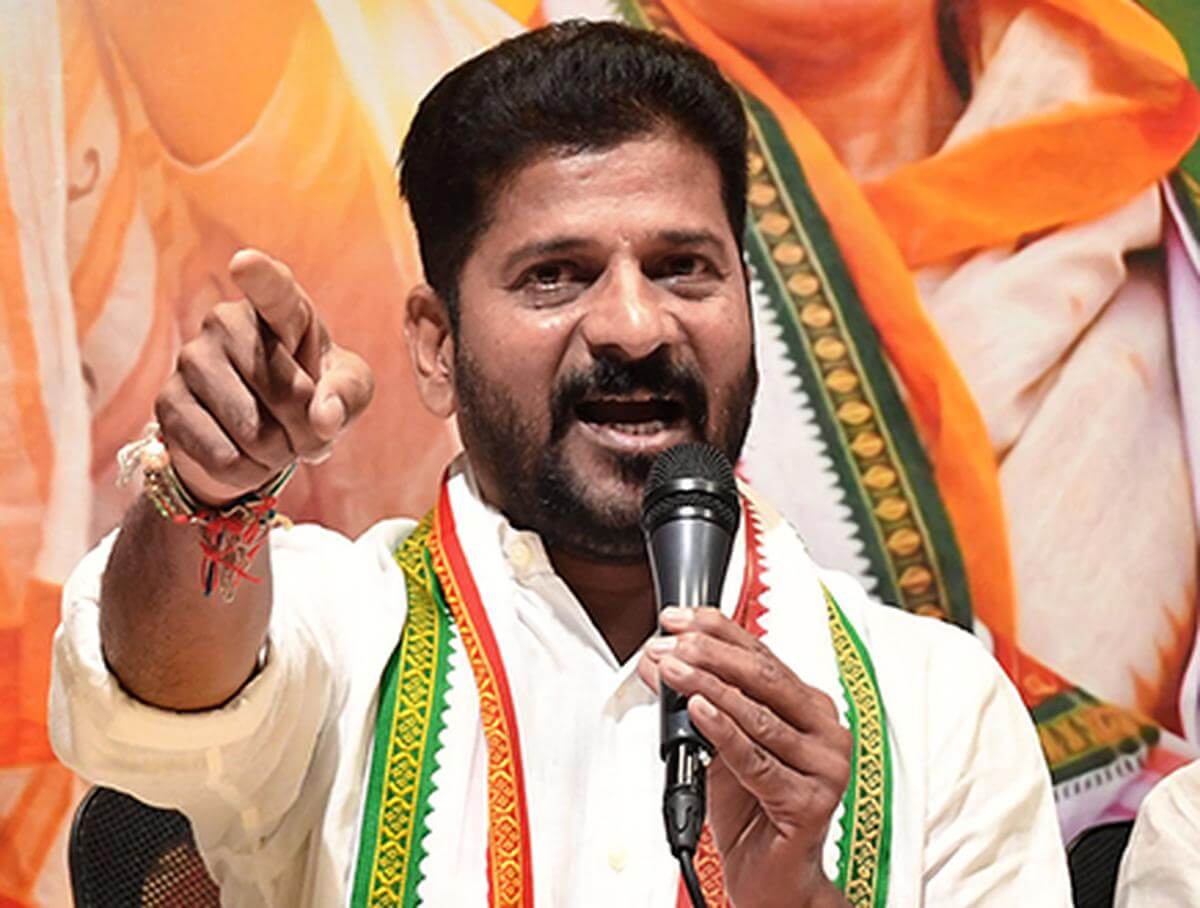
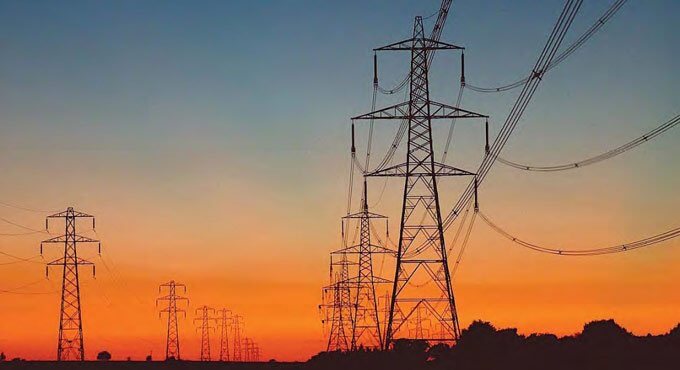
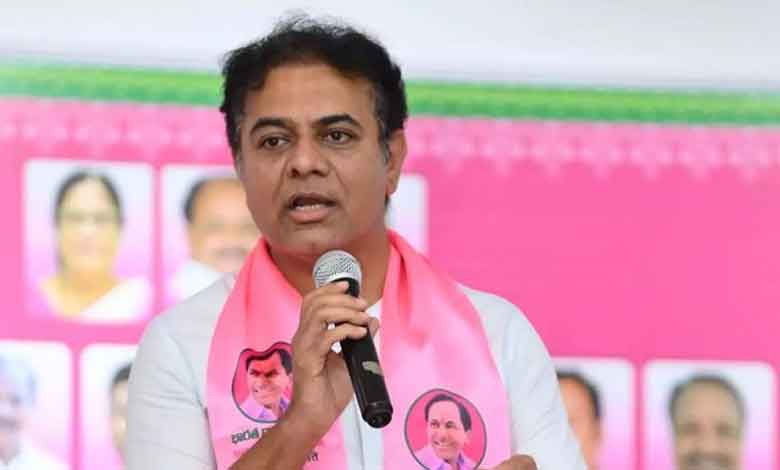









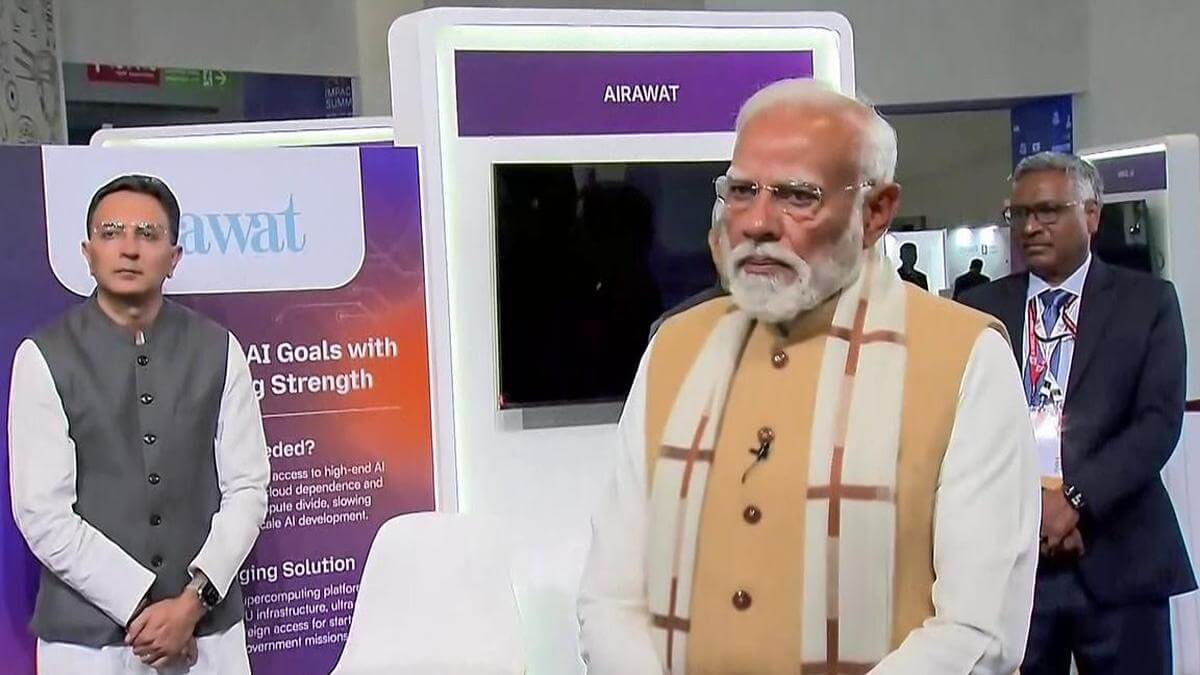
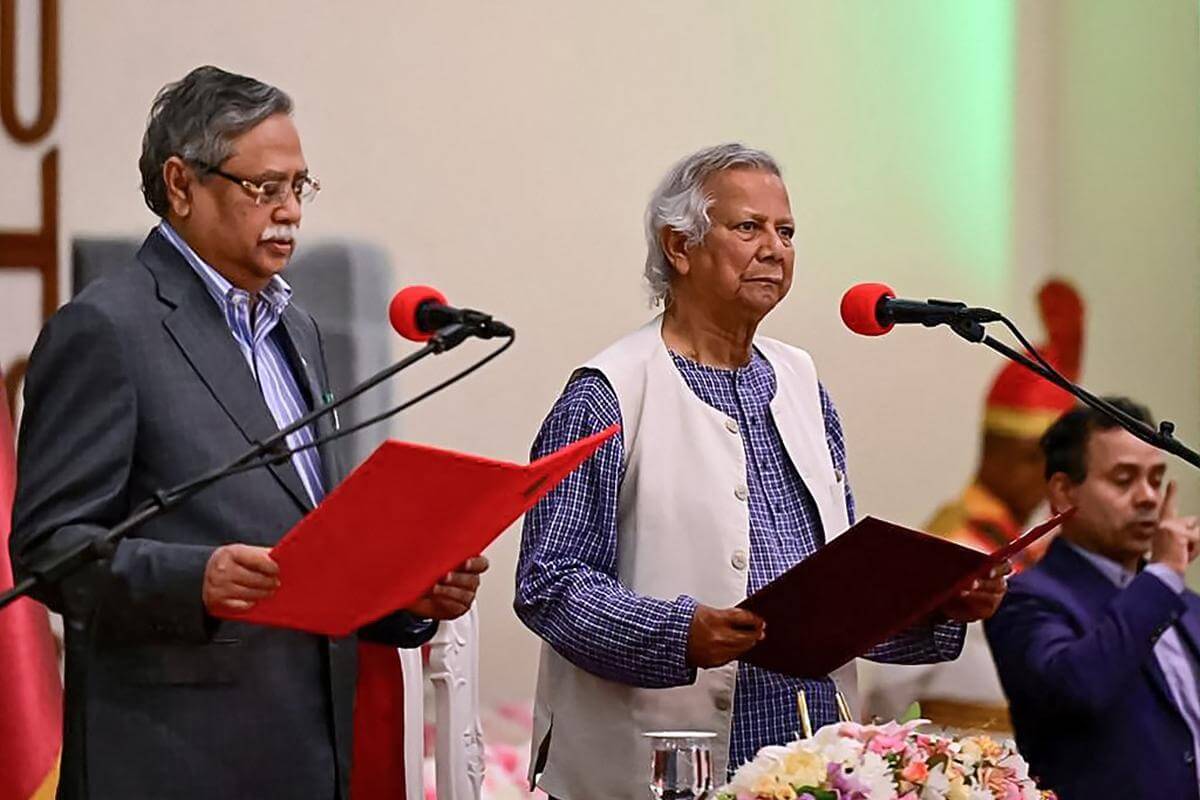
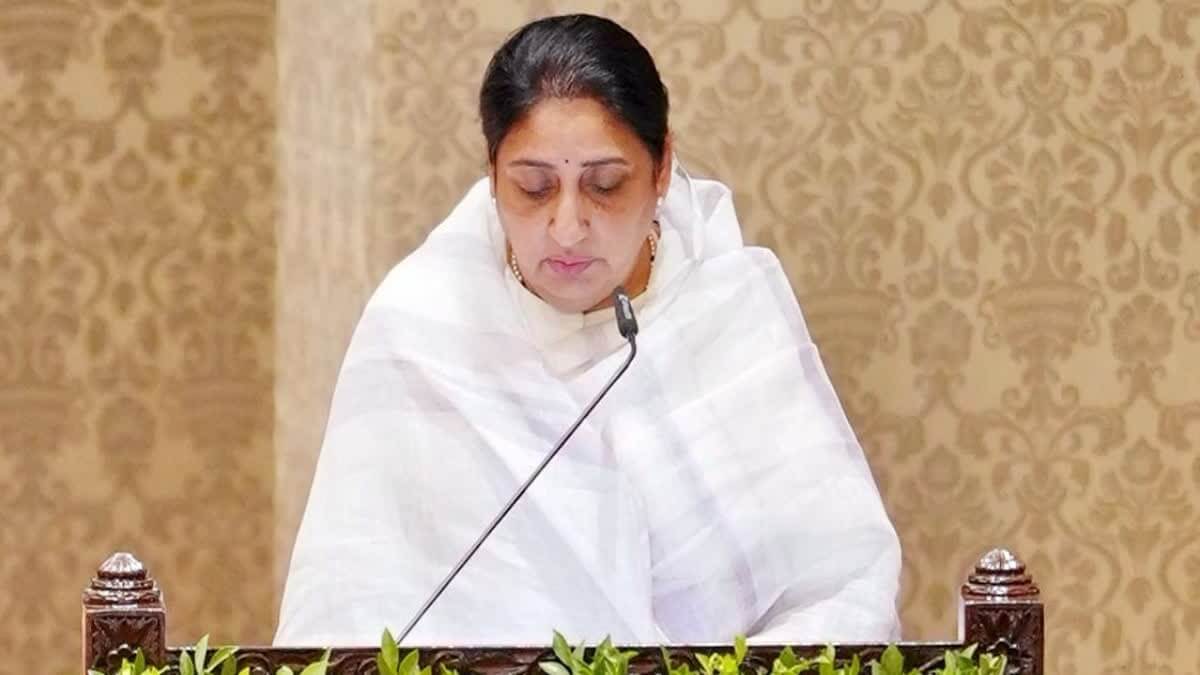
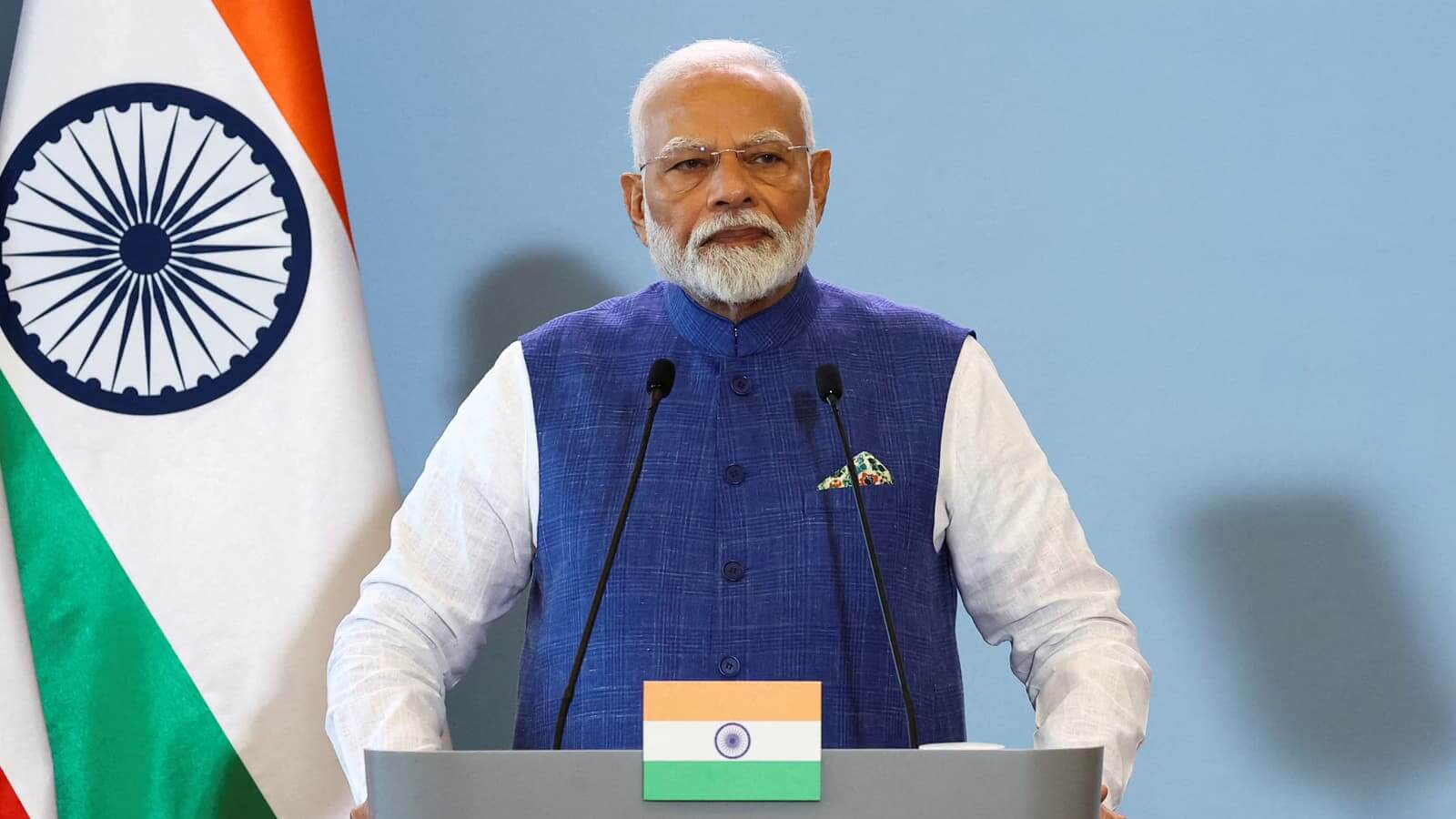




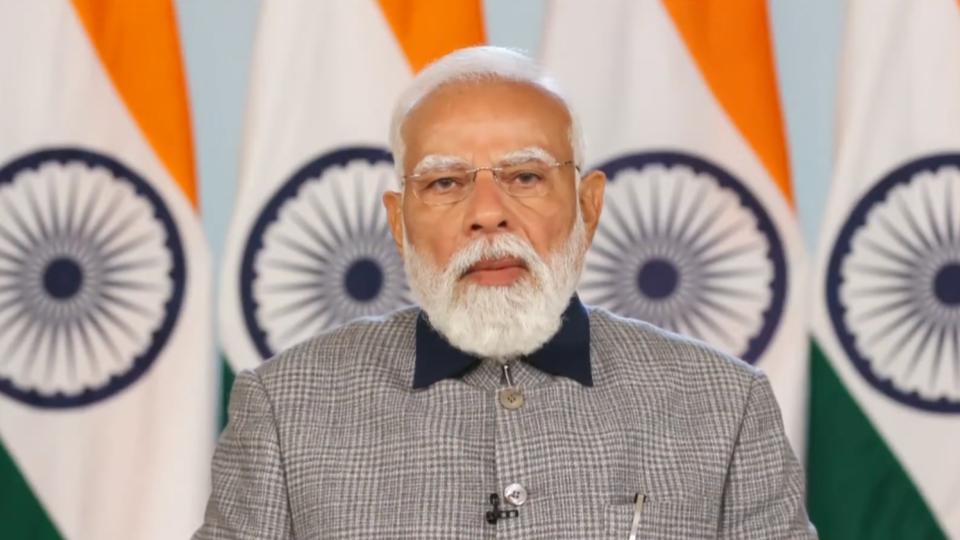


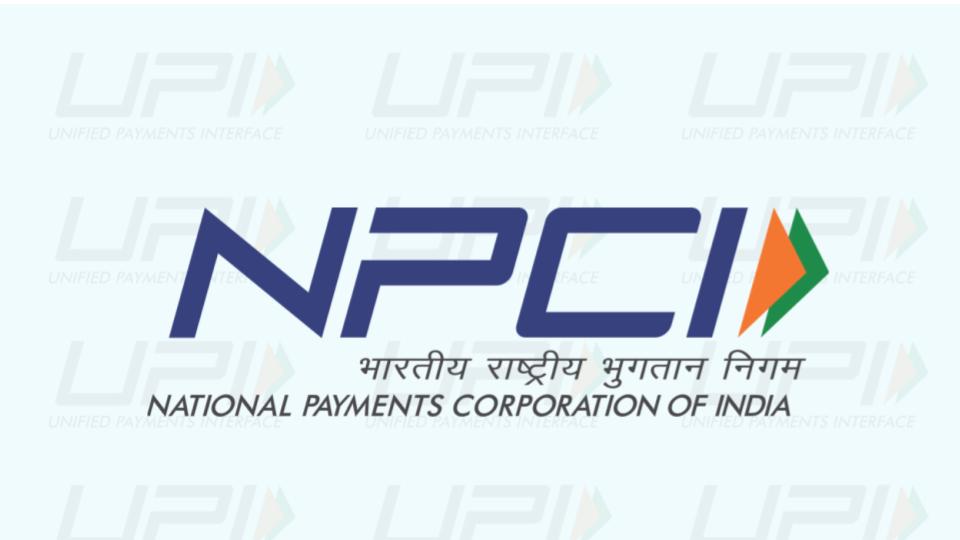












.jpg)
.jpg)
.jpg)


